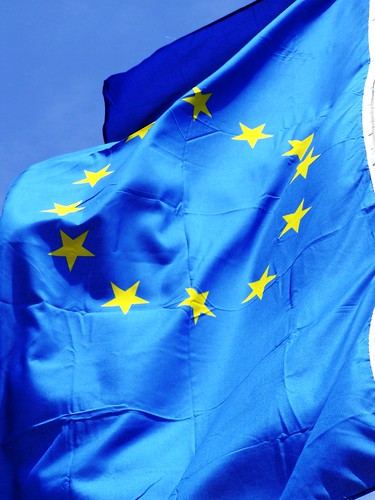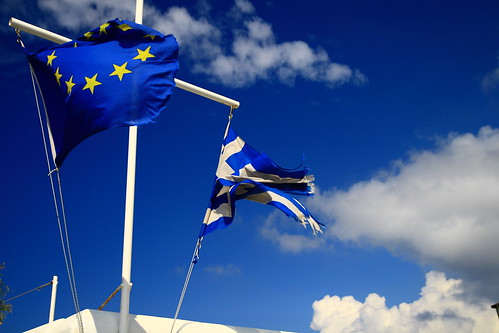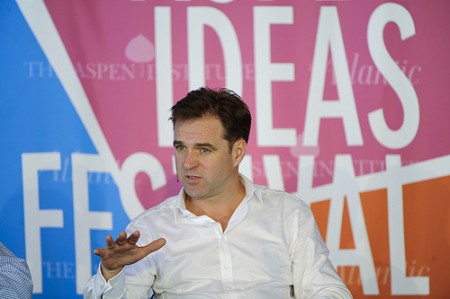
US and South Korean analysts are annoyed and frustrated by China’s policy toward North Korea. In their eyes, Beijing’s policy not only jeopardizes the security of the US and the ROK and undermines international norms, but is detrimental to China’s own national interests as well. But judgments about whether China’s North Korea policy is illogical or self-defeating depend very much on what people see as China’s goals. Most Chinese analysts would argue that China’s policy has its own internal logic; whether the US and South Korea see that logic is a different matter.
The widely accepted assumption is that China has three goals when it comes to North Korea: stability (no implosion and no war), peace (diplomatic normalization between the US and North Korea), and denuclearization/nonproliferation. Among these three, China prioritizes stability over peace and denuclearization. The secondary status of denuclearization is a sore spot for Washington and Seoul, which see it as the most important goal (or should be). And while different priorities lead to different approaches, North Korean actions have been destabilizing. Therefore, China’s strategy is counterproductive in terms of its own priority, hence illogical.




